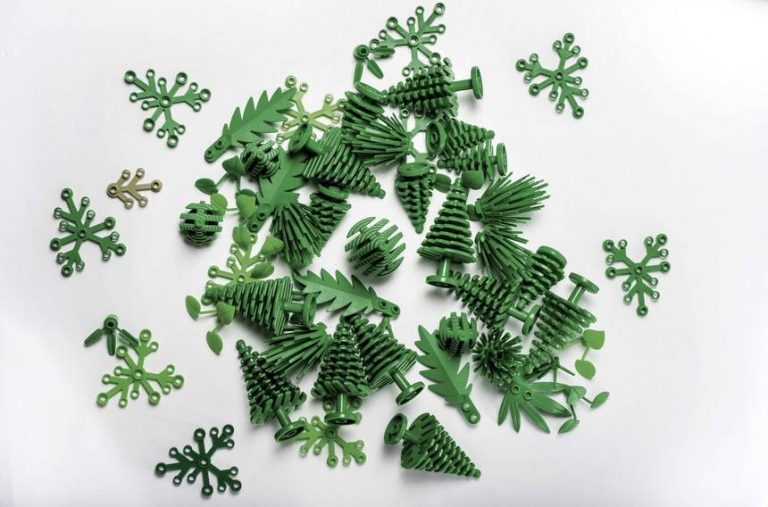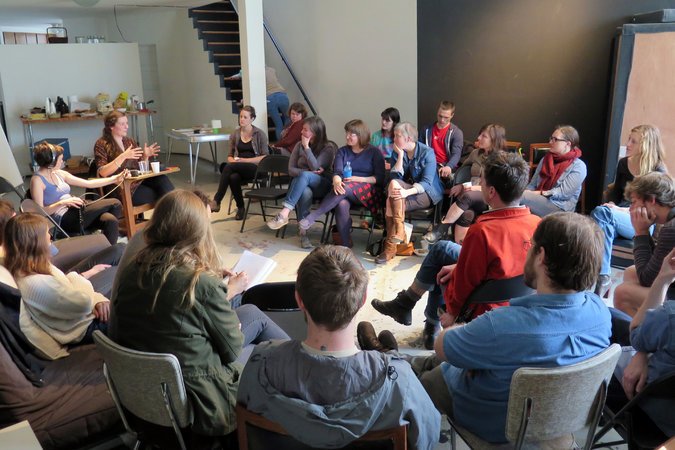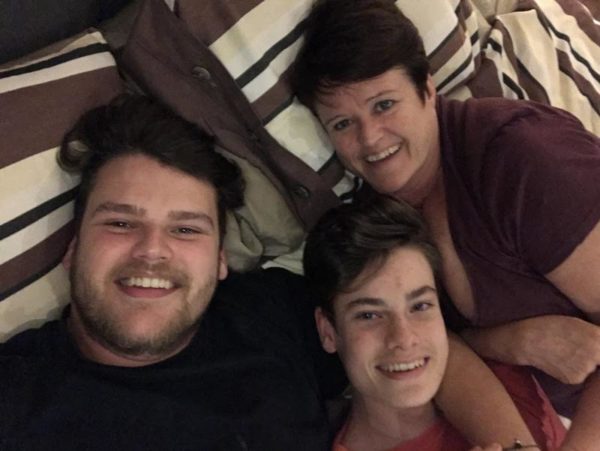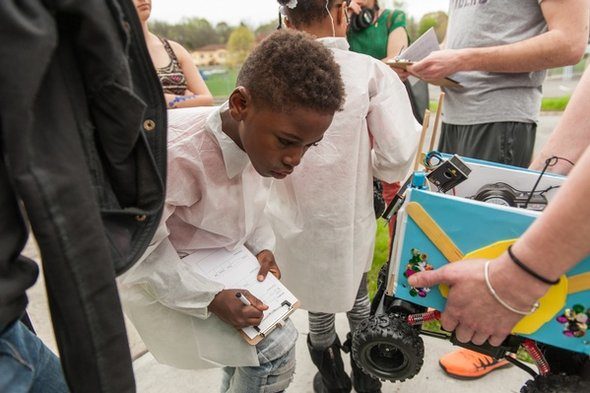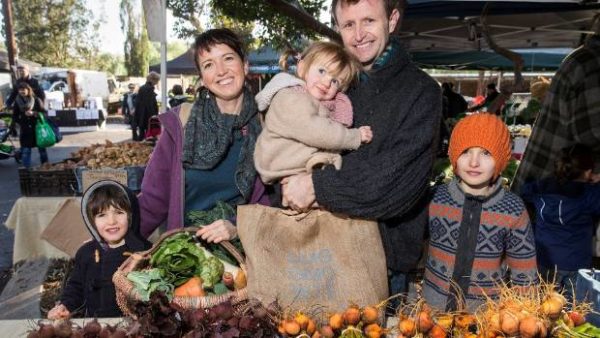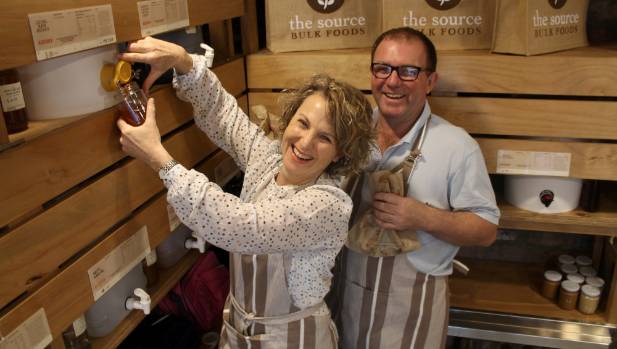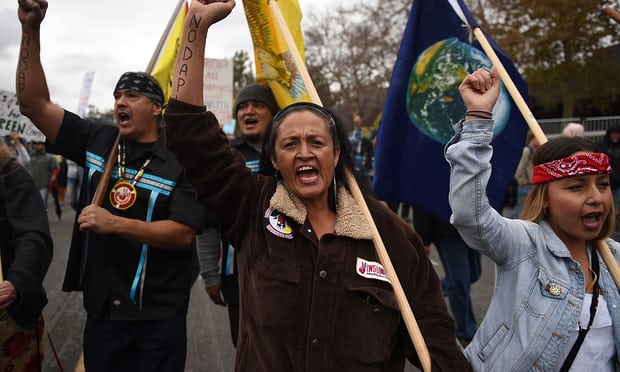Some environmentalists call the move a step in the right direction. Others are concerned about how many acres of rain forest might need to be cleared for sugar plantations.
“You’ll find haters, but it’s way better than petroleum,” Stephen Mayfield, a molecular biologist at UC San Diego, told Mashable.
Switching from oil-based to plant-based plastics cuts the carbon footprint of a product by around 70 percent, Mayfield said.
Continue reading... →